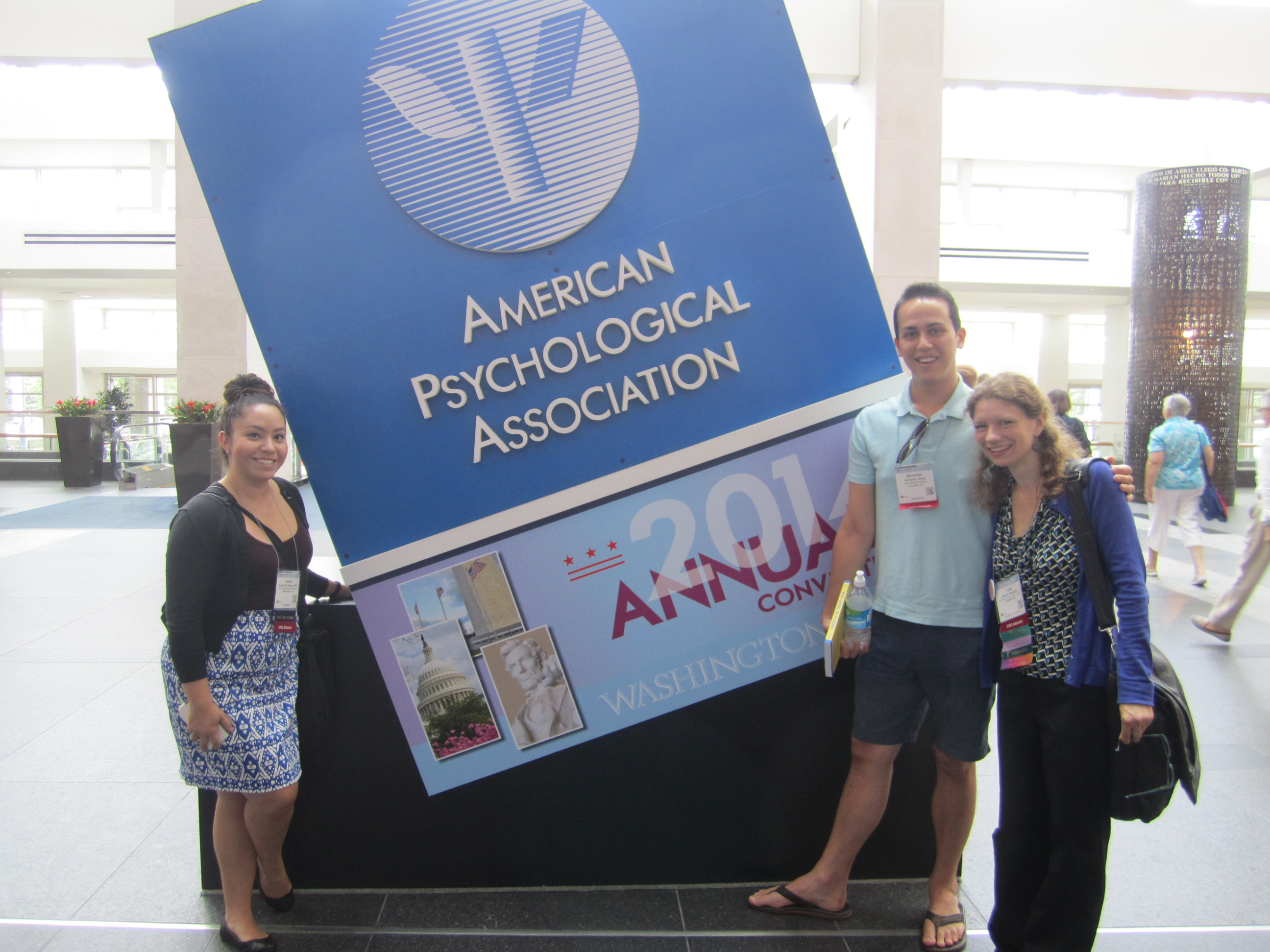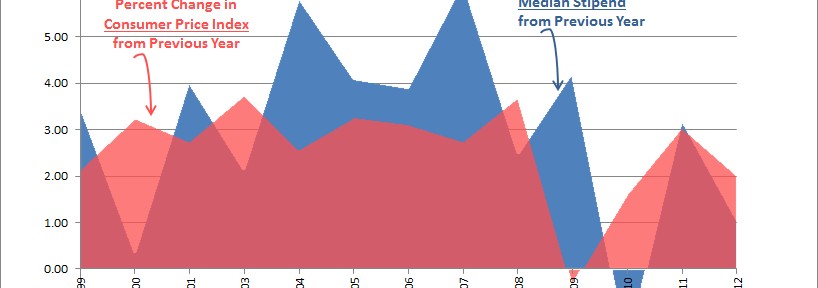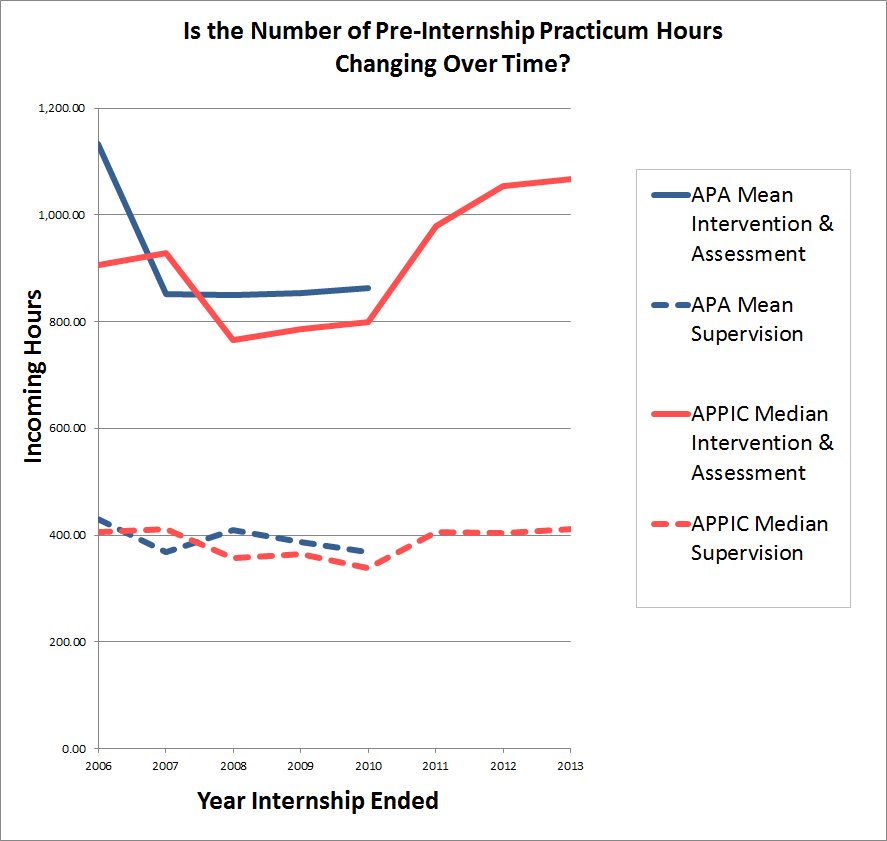CAPP, the Committee for the Advancement of Professional Practice is the main governance group over the Practice Directorate and the management of the APA Practice Organization, a 501(c)(6) organization that advocates on behalf of professional psychology. APAGS has typically appointed a liaison to attend CAPP meetings as a student representative. However, some structural changes were made to CAPP that will begin in January 2015, including the opportunity for APAGS to elect a graduate student member to serve and vote on CAPP.
This is an exciting opportunity for students interested in advocacy at the federal level, and this is the first time ever that an APAGS member has been invited to be a member of CAPP. This opportunity is to serve as a full member of CAPP, with voting privileges.
Responsibilities for serving on CAPP include the following:
- Attendance at 3-4 business meetings per year, typically held at the APA building in DC or in a hotel in DC. Room, board, and ground transportation will be funded. Meetings are typically Friday/Saturday.
- Attendance at State Leadership Conference, a 4 day conference in March, culminating with visits to your state’s Congressional delegation to advocate on professional issues in psychology.
- Participation on the CAPP listserv, where business discussions occur between meetings.
- Participation on conference calls that are scheduled on an as-needed basis.
- Preference is for a two year term on CAPP. Term would begin January 2015.
Eligibility
- Requirements for applicants:
- Must be currently enrolled in a doctoral program in clinical, counseling, school, or combined/integrated psychology (a program that will allow the student to be eligible for a license in psychology).
- Must graduate no sooner than May 2015.
- Preferences for applicants:
- Applicants from APA accredited doctoral programs.
- Experience with advocacy in psychology (through APAGS Advocacy Coordinating Team, State/Provincial/Territorial Psychological Association, APA Division, or other group).
- Interested in promoting professional issues in psychology.
- Experience in leadership in psychology organizations.
- Ability to speak comfortably/confidently among groups of mid- and late-career professionals.
Application Process
- Please provide the following information in one file (Word document or a PDF):
- Cover letter expressing interest in the position, eligibility and qualifications for the position, leadership experience, ability to commit to the responsibilities, your student status (when you anticipate graduating), and any other information you feel is important (750 words maximum).
- Condensed two page curriculum vita, highlighting goodness of fit for this position.
- Submit your application to Jessica Andrade, jandrade@apa.org.
- Deadline for applications is NOON eastern standard time, October 22, 2014.
Selection Process
- A group of 5 members of the APAGS Committee will review applications and provide up to three applications to the full APAGS Committee to vote on.
- The 9 members of the APAGS Committee will elect one of the applicants at its Fall Business Meeting, October 31-November 2.
- Notification of decisions will occur on or before November 7, 2014.








 This spring, a group of APAGS members recorded a
This spring, a group of APAGS members recorded a